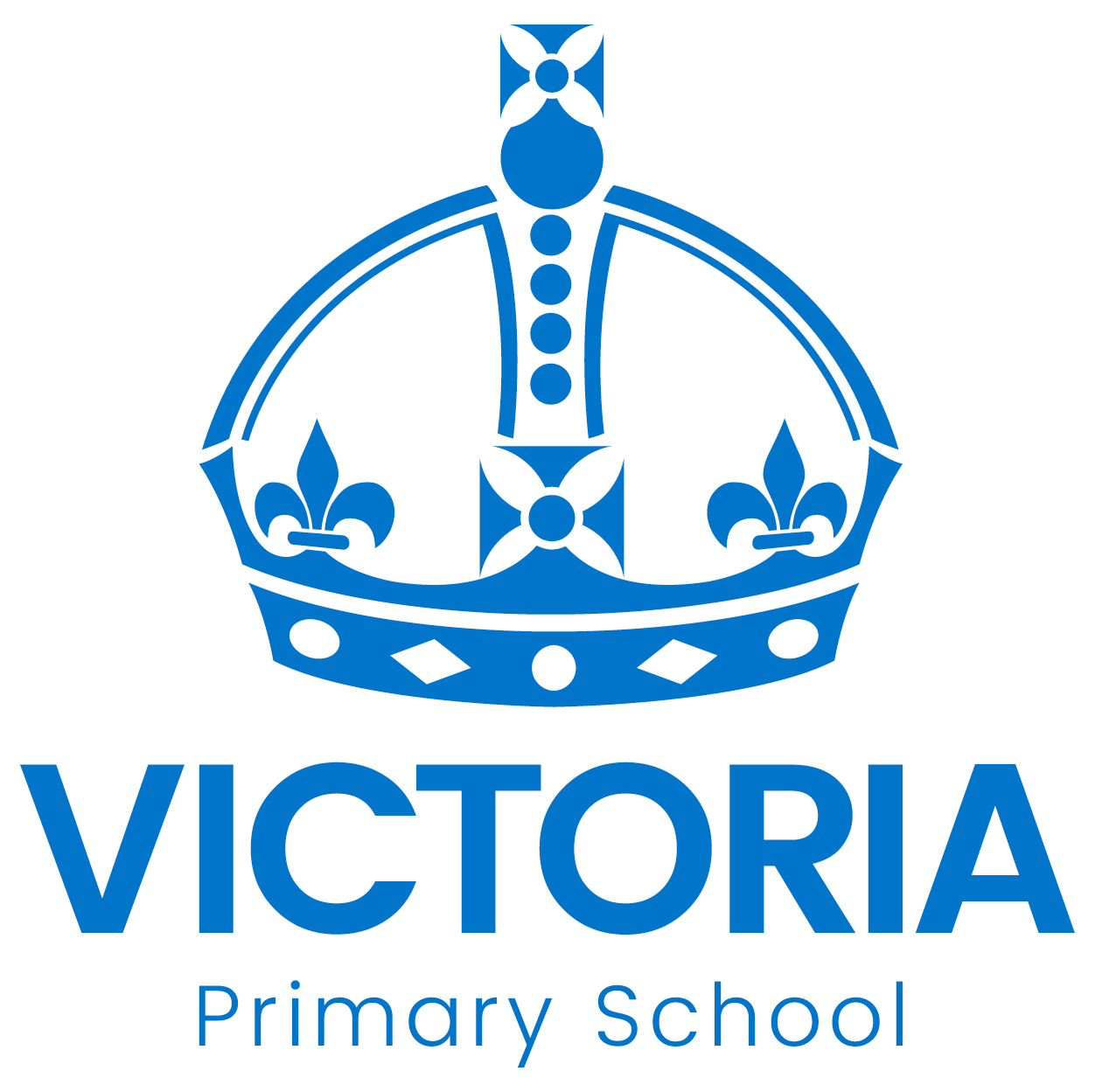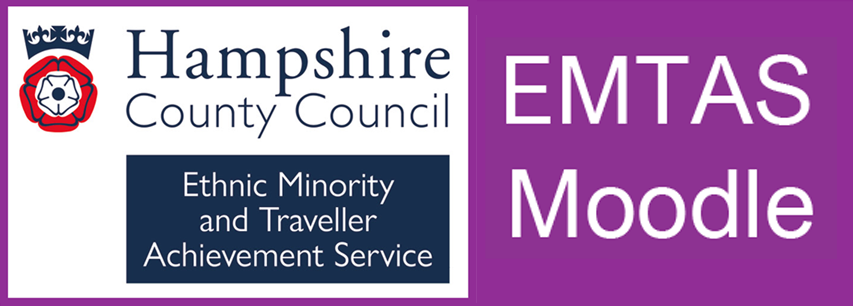Blog entry by Astrid Dinneen
Anyone in the world
In this new blog, Annie Kershaw shares her experience of using the EAL Excellence Award and Young Interpreter Scheme to develop practice at her school in Nottingham.

I am an EAL Co-ordinator for an inner city School in
Nottingham - Victoria Primary School. The headlines for our school are:
- The proportion of pupils from minority ethnic backgrounds is well above the national average.
- There are 33 languages spoken at the school.
- The rate of pupils’ mobility is well above the national average.
- The proportion of pupils who are disadvantaged is well above the national average for primary schools.
In 2018, in response to the Local Authority cuts leading to a much reduced central service for supporting schools with EAL and BME achievement, Nottingham City sent out a request for experienced practitioners to apply to become an Advanced Practitioner of EAL (APEAL); The LA would provide specialist training and support for the APEALs and in return they would complete an in-school EAL audit and action plan, identifying current examples of best practice, an action research project, write up the report for publication on the LA website, and the APEALs would each deliver a workshop at the Local Authority EAL Annual Conference. In exchange, the APEALs received consultant support and training from the Local Authority, a network of cross-phase peers for support and specialised professional development, and access to the Hampshire EMTAS Moodle.
As EAL Co-ordinator, the Moodle was just what I was looking for. I quickly engaged with the e-learning packages for myself and for colleagues and it was great having a tool to hand which confirmed and supported our good practice in school. One of our proudest achievements was finding a way to formalise the support and training for our ‘Language Ambassadors’ through the Young Interpreters Scheme. We had already nominated children to undertake the role and asked them to do some tasks informally, but this really gave us, as a school, a structure to develop their role further, some well thought out materials to use in their training and an end goal through awarding certificates and badges. In fact, the role of the Ambassadors was recently acknowledged in our OFSTED inspection:
“Staff promptly assess the stage in learning English when pupils start school and tailor language development accordingly. They are assisted by 10 ‘Language Ambassadors’. These are pupils who have completed the accredited ‘Young Translators’ training and support other pupils, their families and staff.”
Finally, as with many of my increasingly isolated EAL Co-ordinator colleagues, I am always reflecting on whether my practice is ‘correct’ and ‘current’ or not. For me, validation for my school and for my own role came in the form of the EAL Excellence Award, developed by Hampshire. As a school, we decided to pursue the award as we accept that EAL is a big part of our identity and that we had made a lot of progress in recent years with our practice; the award seemed to us to be a good way to acknowledge that progress and a useful tool to raise the EAL profile of our school. As EAL Co-ordinator, it gave me a real structure for evaluating where we are, and how we can keep improving and moving forward with our practice in school. My colleagues were positive and encouraging and, when needed, were more than happy to provide the evidence and the support for me.
We were delighted to receive the Silver Award recently and I am already mentally preparing for our journey to Gold! The ‘Gold’ criteria has motivated me to think more holistically around our Parental Engagement and how we can make steps in this area. I look forward to the challenge!
Visit the Hampshire EMTAS website to find out more about the EAL Excellence Award and Young Interpreter Scheme.
Subscribe to our Blog Digest (select EMTAS).
[ Modified: Wednesday, 8 January 2020, 5:02 PM ]
